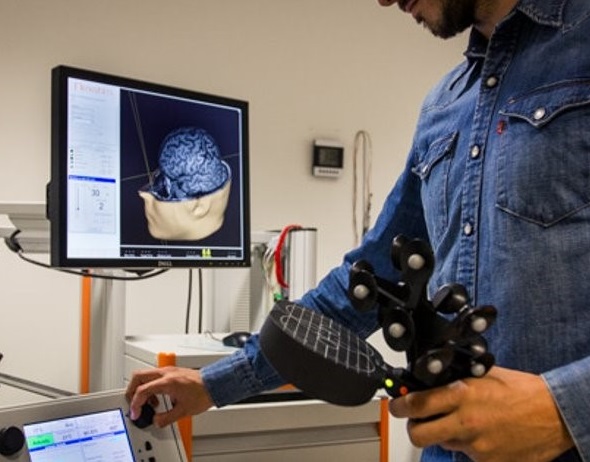
Image Source: Google
Obsessive-Compulsive Disorder (OCD) is a challenging mental health condition that impacts millions of individuals around the world. People with OCD often experience repetitive and intrusive thoughts, feelings, or sensations that drive them to perform ritualistic behaviors in an attempt to ease their anxiety. While traditional treatment options such as therapy and medication can be helpful for managing symptoms, there is a continuous need for new and innovative approaches to improve the lives of those living with OCD.
Fortunately, there is hope on the horizon with the latest breakthroughs in OCD clinical trials. These trials are paving the way for cutting-edge treatments that have the potential to revolutionize the way we understand and treat OCD. One promising area of research focuses on the use of deep brain stimulation (DBS) as a therapeutic intervention for severe cases of OCD that have not responded well to other treatments. DBS involves implanting electrodes in specific areas of the brain that regulate mood and behavior, and delivering electrical impulses to modulate neural activity. Clinical trials testing the efficacy of DBS in OCD have shown promising results, with some patients experiencing significant reductions in symptoms and improvements in their quality of life.
Another exciting development in OCD clinical trials is the investigation of novel pharmacological agents that target the brain's neurotransmitter systems implicated in OCD. For example, researchers are exploring the use of glutamate modulators, which are substances that can modify the activity of the neurotransmitter glutamate in the brain. Glutamate plays a key role in neural communication and has been implicated in the pathophysiology of OCD. By targeting glutamate receptors with specific modulators, researchers hope to develop more effective and targeted treatments for OCD that can help restore normal brain function and alleviate symptoms.
In addition to DBS and pharmacological interventions, researchers are also exploring the potential benefits of non-invasive brain stimulation techniques such as transcranial magnetic stimulation (TMS) and transcranial direct current stimulation (tDCS) for the treatment of OCD. These techniques involve applying electromagnetic fields to specific areas of the brain to modulate neural activity and have shown promise in improving symptoms of depression and other psychiatric disorders. Clinical trials investigating the use of TMS and tDCS in OCD are ongoing, with researchers aiming to determine their safety and efficacy in reducing OCD symptoms and improving overall functioning.
Furthermore, advancements in the field of cognitive-behavioral therapy (CBT) have also been a focus of recent OCD clinical trials. CBT is a well-established treatment for OCD that involves helping individuals identify and challenge their obsessive thoughts and compulsive behaviors through learning new coping strategies and techniques. Researchers are now refining and adapting CBT protocols to make them more personalized and tailored to the individual needs of OCD patients. By incorporating new technologies such as virtual reality exposure therapy and smartphone-based interventions, researchers hope to enhance the effectiveness of CBT and improve treatment outcomes for individuals with OCD.
Overall, the latest breakthroughs in OCD clinical trials offer new hope for individuals struggling with this debilitating condition. From innovative brain stimulation techniques to novel pharmacological agents and advancements in cognitive-behavioral therapy, researchers are exploring a wide range of approaches to help improve the lives of those living with OCD. While more research is needed to fully understand the long-term effects and benefits of these treatments, the progress made in OCD clinical trials is a promising step towards providing better care and support for individuals with OCD. With continued dedication and collaboration among researchers, clinicians, and patients, we can look forward to a future where effective treatments for OCD are more readily available and accessible to those in need.